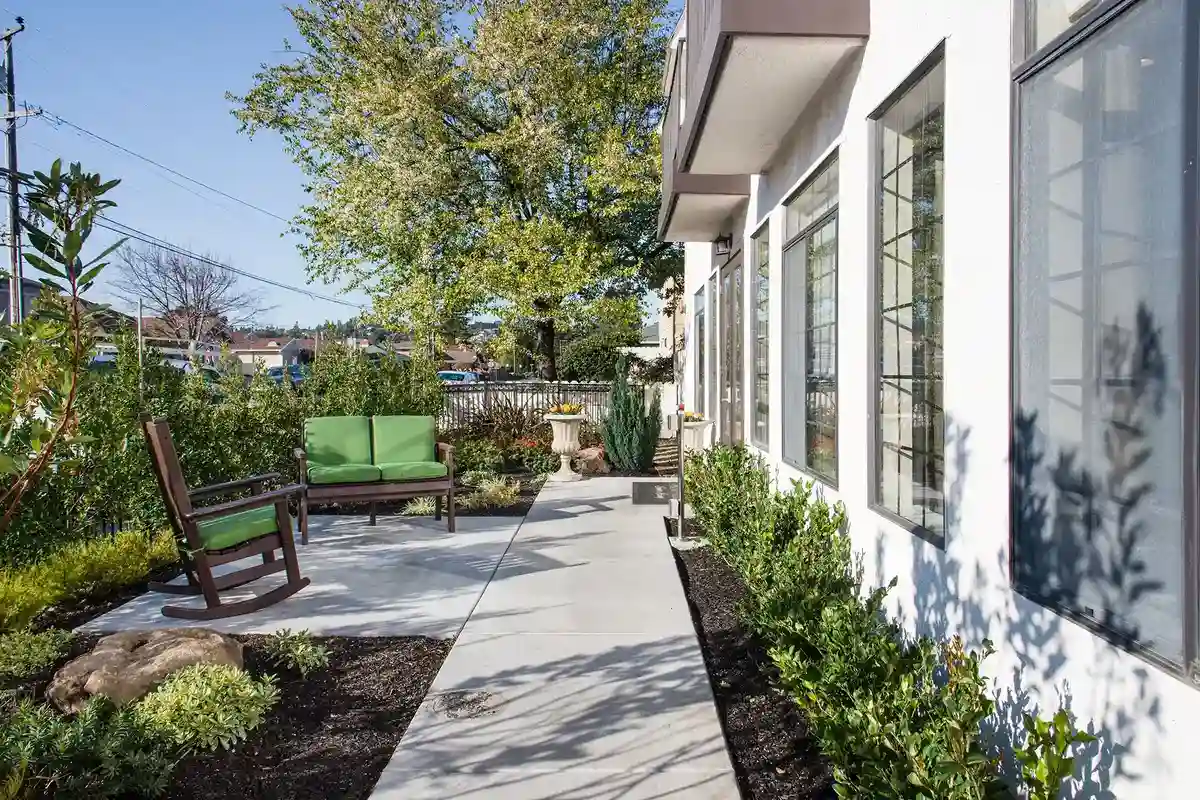
Effective communication method with a parent with dementia requires sensitivity. Certain statements can cause agitation or distress, so avoiding saying the wrong things is important. Here are three things you should avoid saying:
- “Do You Remember…?”
Memory recall is a significant challenge for people with dementia. Asking them to recall specific events or people can increase their frustration. Instead, guide the conversation to something more current or relevant to their daily experiences. - “I Already Told You That!”
It’s common for individuals with dementia to repeat questions or forget conversations. Responding with irritation or reminding them that you’ve already said something can make them feel embarrassed or ashamed. Instead, answer calmly and patiently. - “You’re Wrong”
Correcting someone with dementia can be counterproductive. Rather than insisting that their memory or perception is wrong, redirect the conversation to a more pleasant or familiar topic. This will help avoid unnecessary stress for both you and your elderly parents.
Understanding the Stages and Types of Dementia
Dementia is a complex condition with various types of dementia that can affect the brain in different ways. Understanding these differences can help in tailoring communication strategies:
- Alzheimer’s Disease: The most common form of dementia, affecting memory, thinking, and behavior.
- Vascular Dementia: Caused by reduced blood flow to the brain, leading to cognitive issues and memory problems.
- Lewy Body Dementia: Affects movement and thinking, often causing visual hallucinations.
- Frontotemporal Dementia: Impacts behavior and language, often leading to personality changes.
As your loved ones with dementia progress through the different stages of dementia, their ability to communicate will change, necessitating more reliance on non-verbal communication and simple conversational techniques.
Understanding the Stages and Types of Dementia
Carefield Castro Valley Memory Care Program
When caring for a loved one with dementia becomes overwhelming, professional support may be necessary. Castro Valley Memory Care program offers specialized care in a safe, structured environment, providing personalized attention based on each resident’s cognitive needs.
Benefits of Memory Care at Carefield Castro Valley
- Personal Care Plans: Residents receive individualized care tailored to their specific stage and type of dementia, addressing their physical, emotional, and social needs.
- Structured Daily Activities: Engaging in social activities such as light exercise, arts and crafts, and social interaction helps stimulate both mind and body and reduces social isolation.
- Assistance with Daily Tasks: Compassionate support for daily life tasks like dressing, eating, and grooming ensures residents maintain their dignity and independence.
- Safe and Secure Environment: A secure environment prevents wandering and accidents, ensuring residents’ safety while allowing freedom of movement within the community.
- Highly Trained Staff: Staff members are specially trained to handle the unique challenges of dementia, providing appropriate care at every stage of the condition.
When to Consider Memory Care
If your parent’s memory loss affects their ability to live safely or manage daily tasks, it may be time to consider professional memory care services, such as the Silver Seeds Program at Carefield Castro Valley.
Navigating Conversations with a Parent with Dementia
Talking to parents with dementia can be emotionally challenging, but with the right approach, meaningful communication is still possible. Caregivers can help their loved ones feel more comfortable and understood using simple language, non-verbal communication, and patience. However, as dementia progresses, it may become necessary to consider a memory care community such as Carefield Castro Valley, where residents benefit from an expert level of care and a safe environment tailored to their cognitive needs.
For more information on navigating communication challenges with your loved one and to learn more about the Carefield Castro Valley Silver Seeds program, it’s important to remember that professional support can make a significant difference in your loved one’s overall quality of life.





